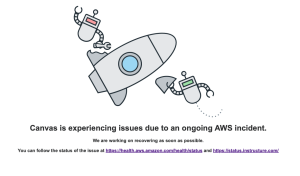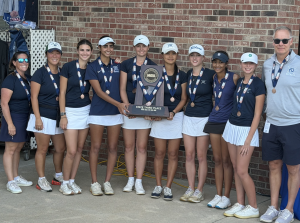Compassion can combat school shootings
February 5, 2016
Since the shooting at Sandy Hook Elementary School in December 2012, there have been over 150 school shootings across America.
In case you’re doing the math, this breaks down to about one school shooting a week, every week, for the past three years.
According to CNN, 60 percent of school shootings occur in “small, quiet suburbs.
Unfortunately, the issue of teenage homicide is not going away.
In 2015 alone, there were over 50 school shootings in the United States, according to Everytown Gun Safety.
As a result, debates over gun policy have dominated the media, numbing its audience to the problem of gun control and the tragedies it causes.
Because of this, the average citizen often forgets that gun policy alone cannot fix our country’s issues. Teenagers especially have minimal influence on American gun control.
We must remember that it will not be a politician’s law that ends teenage homicide, but students who fight the factors that lead to peers seeking violence.
This role that we are forced to play is more important than any law politicians may pass. If we want to play our part in stopping school shootings, we need to focus on the individuals involved.
“Students will usually turn to extreme measures out of desperation,” said New Trier school psychologist Ashley Mellilo. “It often comes from a place of incredible pain and is used as a way of trying to escape,” Mellilo said.
Students who choose to violently injure their peers are no exception. According to Pacific Standard, only 23 percent of shooters have mental illnesses.
This means three out of four shooters do not. They are teenagers, who feel as though their suffering has been so great that they have no option except to take out their pain on those around them.
While this doesn’t offer an excuse for their actions, it sheds light on how the everyday student can help prevent school shootings.
“It’s really the little things,” Mellilo said. “The smallest act of kindness can turn a whole day around. As high school students, it’s important to acknowledge that this person means just as much as your other friends.”
“Small acts of kindness” sounds cliché, I know. It bears a staggering resemblance to junior high anti-bullying seminars in the school auditorium, when the only thought on your mind was ‘at least I don’t have class.’
But that’s the issue. If we all started listening to those speeches on compassion in junior high, we wouldn’t have to worry as much about high school students feeling as though they have been wronged and isolated by their peers and that their only option is mass shooting.
The statistics prove this to be true. Pacific Standard reported that 70 percent of school shooters have been cited as “social-outcasts” or “loners.”
If you’re seeing the pattern, it’s the kid who could have benefited from a few students taking to heart that boring junior high lecture.
Of course, not every school shooter fits this profile, and not every outsider is troubled or suffering. But since 70 percent of school shooters are identified as lonely students, it makes sense to focus on students who are thought of as outcasts.
Often, people who have a seemingly endless number of friends, perfect grades, or varsity jackets struggle with internal issues–like depression, anxiety or feelings of inadequacy.
“Anyone considering something like this wants someone to notice. Common signs include withdrawal, a change in habits, and often a decline in hygiene,” Mellilo said.
It’s time we take action. Not through politicians’ gun control or presidential apologies, but through the students, us, me, you, and our daily push towards compassion.










































